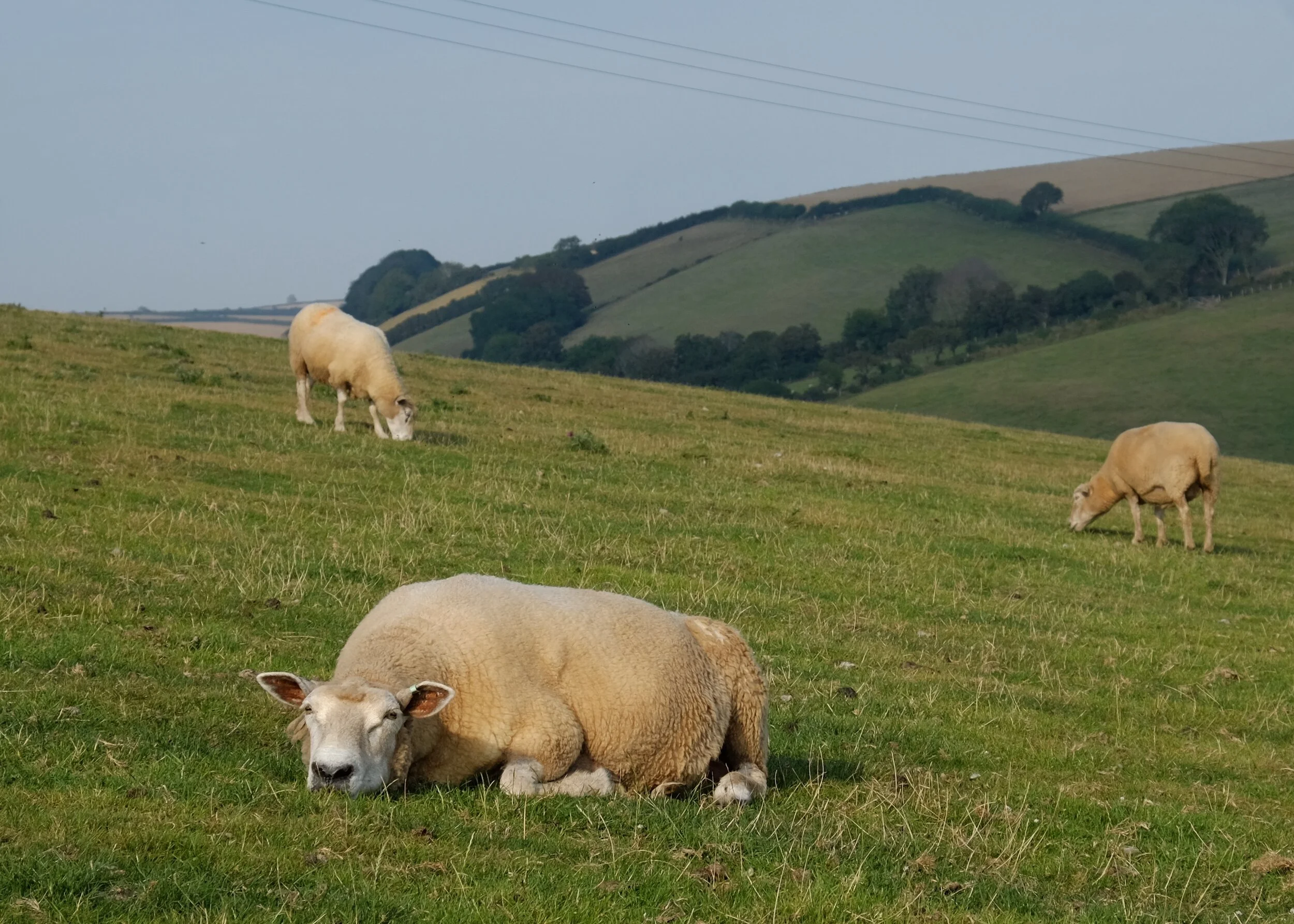Lots of people have tales of celebrity encounters. They bring them out at dinner parties and evenings down the pub. They tweet them, and post photos on Instagram and Facebook.
I’ve even had a few of my own…
Hollywood movie star Rod Steiger across the aisle on a Spanish plane
The wonderfully iconic Rutger Hauer in Tiffany’s
Eddie Izzard racing through Pret-a-Manger
Paul Weller in a different Pret-a-Manger buying lunch for his children
And (yes, he is that cool) rock star Nick Cave and some Bad Seeds by the luggage carousel at Heathrow.
But…
My Geri Halliwell story isn’t like those. Not only was Geri Halliwell not a celebrity at the time, but there was a significance to the encounter that struck me years later and turned it into quite a defining moment.
If you’re wondering why I’m writing about it now, frankly, it’s because whenever I mention it to anyone new, unless I am completely unaccompanied by friends or family, I can guarantee someone around me will groan.
And I happen to think it’s too important to lose.
So, here we go.
Again.
Living the Dream
I’ve played in bands most of my life, and in the early nineties it was in a group called Watchmaker, plying its trade in original ‘melodic rock’ (according to one pub flyer) across the lesser-known music venues of southern England. On a rare journey north, playing a wedding in Hull, a young woman in a black dress came up to us, told us how good we were, and asked if we needed a backing singer. We chatted to her for a while, said we didn’t, and took her number.
This was Geri Halliwell.
A few months later, one evening when our singer wasn’t available, and still wrestling with the idea that it might be useful, we invited her along to our rehearsal studio. We’d never auditioned anyone before, but figured we’d do that whole what do you know, what do we know thing and land somewhere in the middle.
But she simply said, ‘Shall I sing?’
‘Sure,’ we said, unsure what to expect.
And she started singing. Just like that. No accompaniment. A bit like Marilyn Monroe’s ‘Happy Birthday Mr President’.
It was fine. Not great. But certainly good enough to give us reason to carry on. So, having failed to find any covers we both knew, we taught her our latest original song, a relatively dour ballad I’d written called ‘Gathering Dust’, and proceeded to have lots of fun, mostly involving us coping with the fact that Geri had never sung with a band before so hadn’t quite got the hang of stopping and starting, or the need to wait for anyone else if you did. At times, it was like being in a car trying to follow someone who keeps slamming on the brakes and accelerating for no obvious reason.
Throughout the evening, she told us a bit about herself, how she was working as a game show hostess on Turkish TV, and then, when the session came to the end, she said again how good she thought we were, how much she loved the song, and left.
In short, she was lovely. She hadn’t changed our view that we didn’t need a backing singer. But we had a great time working with her, all the same.
Tell Me What You Want, What You Really, Really Want
Fast forward a year, as The Spice Girls exploded onto the stage, complete with ballsy attitude, all we could do was stare at TV screens, stunned at how this girl from Watford with an average voice, who was probably the least talented musician in the room when we auditioned her, was now one of the most iconic singers in the country.
And I don’t mind admitting, it took me a while to come to terms with that, as The Spice Girls went from strength to strength, and Watchmaker… went from obscurity to extinction.
The Talent to Make the Most of the Talent you Have
Since then, although I still write songs, play and record music, my attention has increasingly focused on novels, attracting a literary agent some years back, though frustratingly still trying to crack the commercial code of traditional publishing.
I became a dad. Twice. And as I watched my daughters grow, and continued to witness the literary efforts of my writing friends go unrewarded time and time again, the lesson of Geri Halliwell, what I chose to take from the encounter at least, lodged itself in me as one of the most important revelations of my life.
You don’t need to be the best singer, keyboard player, guitarist, mathematician, chemist, or indeed writer. You need to be good. That’s a given. And Geri Halliwell was good. Just not that good. But what Geri had, more than the rest of Watchmaker combined, was the talent to make the most of the talent she had. And the hunger to keep at it. To keep growing, chasing, learning. To put herself in the way of opportunity and know how to make the most of it when she did.
Over the years I’ve heard wannabe (see what I did there ;-)) writers deride the fortunes of celebrity authors or best-sellers like E.L.James, whose success seemed to have little to do with the quality of their writing. And I have found myself defending them. If you want to be praised for the quality of your prose, fair enough, set that bar and hold yourself to it. But never under-estimate the importance of knowing what you’re good at and working it for all you can.
If you want to have a writing career, or any kind of career, you need to start somewhere. And that somewhere comes from who you are, not who you wish you were, or think you might be one day. That will come. And, if you’ll pardon the liberty, it comes from knowing what you want, what you really, really want, and finding ways to make it work for you.
Of course, if you don’t see it that way, if you can’t sign up to that kind of thinking… all I can say is, you might as well stop.
Right now.




